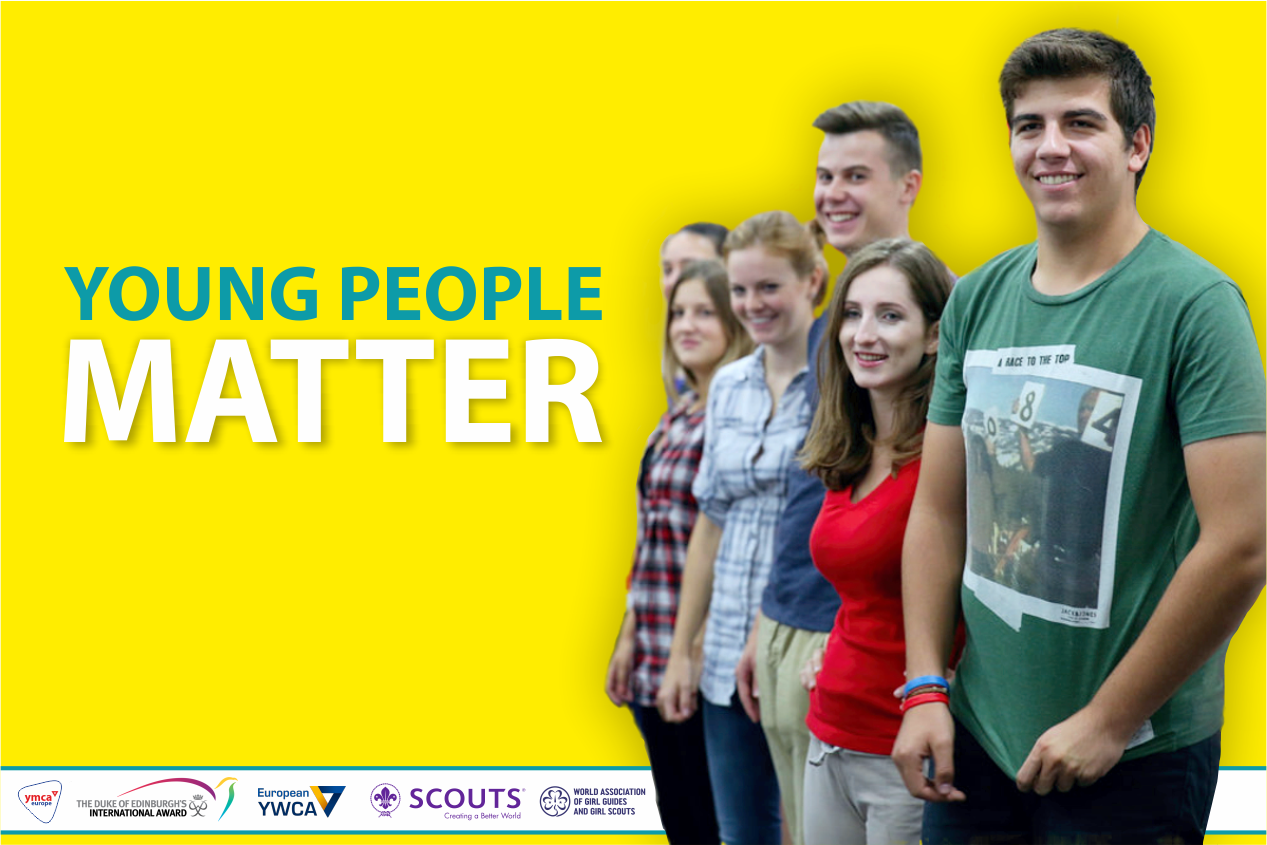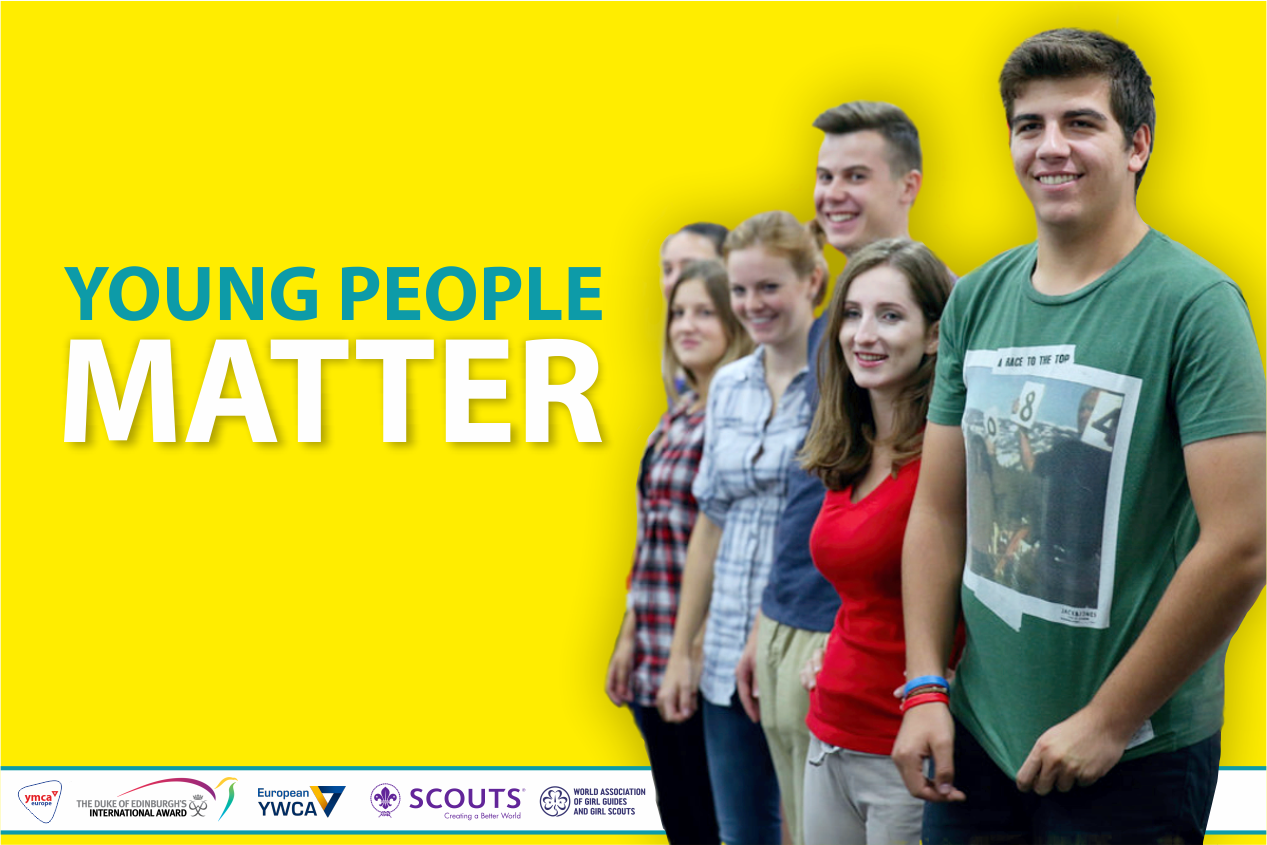We are living in extraordinary times: never before have we faced a global pandemic in a globalized world. We have seen how in a connected world, disease travels fast, and so do its consequences.
Many experts predict this health emergency will translate into a harsh economic crisis, with no country spared. Support to youth services was already cut during the last economic crisis with disastrous consequences on our young people’s future; consequences they still experience to this day. These cuts have affected many youth services, some of them delivered by youth organizations. As their sustainability was hindered, young people have also been deprived of crucial support for their self development, such as opportunities for non-formal learning and active citizenship. The impact of these reductions are clear on all young people across Europe; their education, job prospects, social inclusion, physical and mental health have all been harmed. Young people however are on the frontline of the pandemic or they are juggling between teleworking and home schooling. Young women in particular face additional burdens of increased violence against women, responsibility for care of children, relatives and sick family members, and are at a higher risk of losing jobs during this time. The effects of everyday burdens carried by young women are amplified by this crisis, as are those of other groups that are structurally disadvantaged.
We must learn from past mistakes: we look at the European Union as our pathway to the future, the guiding light to stay together and work cohesively in these difficult times. This time, let us not leave our young people behind. We urge the European Union to remind its members that this is not the time to avoid investing in our young people, their education, their health and their capabilities. When the time comes to trim our national budgets, and while negotiating the next Multi-Annual Financial Framework, the European Union must make sure that future generations are not sacrificed again to the altar of austerity: we would like to see support, and guidelines, to steer national governments towards intergenerational solidarity and investment. Furthermore, we would like to ask European Institutions to lead by example and invest in young people starting from their own programmes like the Youth Guarantee, and keep their promise of tripling Erasmus+.
Young people are making a difference. Young people matter.





